After the collapse of the Soviet Union, Russia has formed Collective Security Treaty Organization (CSTO) against NATO. Recently, a new Secretary General was appointed in the Organization. Since 2003, Nikolai Bordyuzha who has been serving as the Secretary General of the CSTO was replaced by Armenian National Security Council Secretary Yury Khachaturov. It should be noted that during Bordyuzha’s tenure as Secretary General of CSTO, four different names had become the Secretary General of NATO[1].
CSTO is an intergovernmental military organization established on November 7, 2002, by the members of the Commonwealth of Independent States, namely, Belarus, Armenia, Kazakhstan, Kyrgyzstan, Tajikistan and Russia. Under the CSTO agreement, the member states collectively maintain their security[2]. If one or more of the member states are threatened in terms of security, territorial integrity and sovereignty, as is the case in the North Atlantic Treaty Organization (NATO), the member countries of the Organization may take measures to eliminate these threats[3].
The objectives of the Organization are peace, international and regional security and stability. The independence, territorial integrity and the protection of sovereignty of the member countries are also among the principles of CSTO. Its organizational structure consists of the Parliamentary Assembly of the Collective Security Council, the Permanent Council and the Secretary General[4]. Observers of the Organization's Parliamentary Assembly are Serbia and Afghanistan[5]. Although there are currently six members of CSTO, Georgia, Azerbaijan and Uzbekistan have been previously members of the Organization. Georgia and Azerbaijan had withdrawn from the Organization in 2009 and Uzbekistan in 2012. The main activity area of CSTO is the development of international political and military cooperation. CSTO also aims to fight against international terrorism, drug and weapons smuggling.
Although the foundations of CSTO were laid in 1992, it is possible to say that CSTO was inspired by the Warsaw Pact model. The CSTO, which was established by Russia against NATO, applies a rotation principle in alphabetical order with regard to the Secretary General in CSTO[6]. Last year, it was Armenia's turn to appoint its representative on the position of CSTO Secretary General. However, due to the parties failing to come to terms, an Armenian was not appointed to the position. Ultimately, CSTO Secretary General Nikolai Bordyuzha continued to serve as the Secretary General. This topic again has come to the fore this year.
It is remarkable that the election of the Secretary General of CSTO has been dragged on. Ultimately, Armenian National Security Council Secretary Yury Khachaturov was recently appointed as the Secretary General. 25th year of the foundation of CSTO will be celebrated during his term.
Yury Khachaturov, who was born in Georgia, after his graduation from the Tbilisi Higher Artillery Command College of the Red Banner Order, served in the military division of Far Eastern Military District in the Russian Army as a detachment regiment artillery commander. In 1974 and 1982, he served in the Soviet Army. In 1985 and 1987, Khachaturov was appointed as the Chief of Staff of Rocket Troops and Artillery of Tank Division in the Belarus Military District. Between 1987 and 1989, he served as Chief of Staff of Rocket Troops and Artillery of the 5th Motorized Rifle Guards Division of the 40th Army in Afghanistan. From 1992 to 2008, he worked in the Armenian Armed Forces, and in 2008-2016, he served as Armenian Chief of Staff. On October 3, 2016, he was appointed as Secretary of the National Security Council of Armenia. As of May 2, 2017, Khachaturov will officially begin his term as the Secretary General of CSTO[7].
Aleksander Iskandarian of the Caucasus Institute stated that the appointment of Yuriy Khachaturov on behalf of Armenia will not change the situation for Armenia[8]. Stating that Russia and Armenia have serious cooperation within the CSTO, Iskandarian has linked the delay in the appointment of the Secretary General to Russia-Belarus relations. Khachaturov’s appointment shows that Russia wants to maintain its influence over the members of the Organization, and that Armenia is acting under the direction of Russia. CSTO, as an organization, reveals that Russia is active as a regional power following the collapse of the Soviet Union. The fact that the new Secretary General Yury Khachaturov has a Soviet history, that he served in Armenia for years although he is not an Armenian after his tenure in Russia and that he was appointed as the Secretary General of CSTO on behalf of Armenia despite not being Armenian, proves how connected and strong relations between Russia and Armenia are. This incident not only shows that Armenia is dependent on Russia in terms of economy and culture, but it also clearly reveals that Armenia is dependent on Russia in terms of military affairs.
[4] “Kolektif Güvenlik Anlaşması Örgütü,” Sputnik. November 1, 2016, accessed April 25, 2017, https://tr.sputniknews.com/infografik/201611011025584074-KGAO-Rusya/
© 2009-2025 Center for Eurasian Studies (AVİM) All Rights Reserved
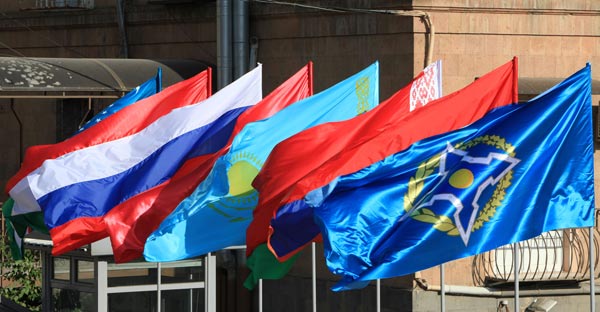
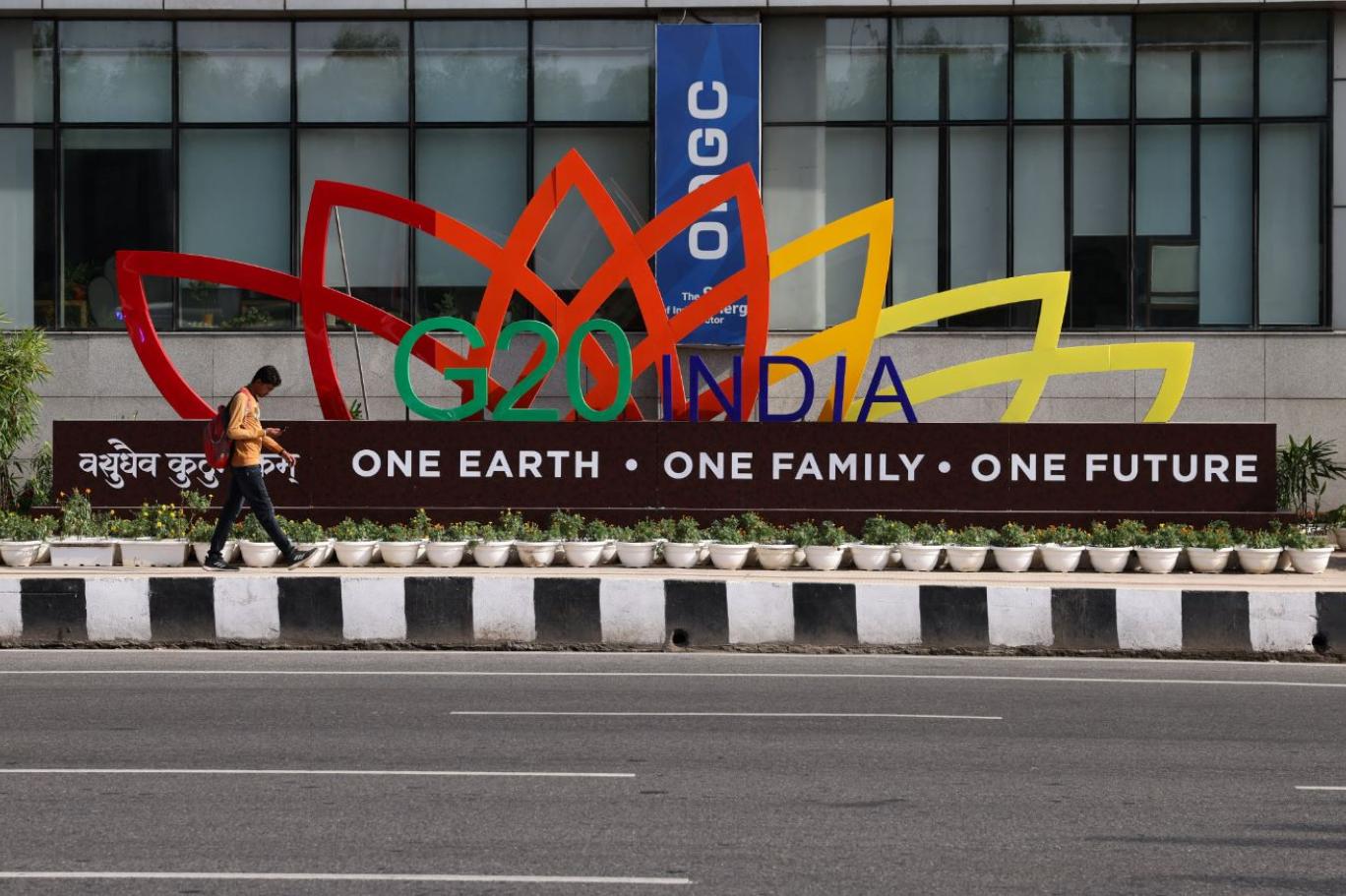 WHY SHOULD THE G-20 NOT ABOLISH ITSELF?
WHY SHOULD THE G-20 NOT ABOLISH ITSELF?
 ARMENIA IS DISTURBED BY THE RADICAL ACTIVITIES IN THE DIASPORA
ARMENIA IS DISTURBED BY THE RADICAL ACTIVITIES IN THE DIASPORA
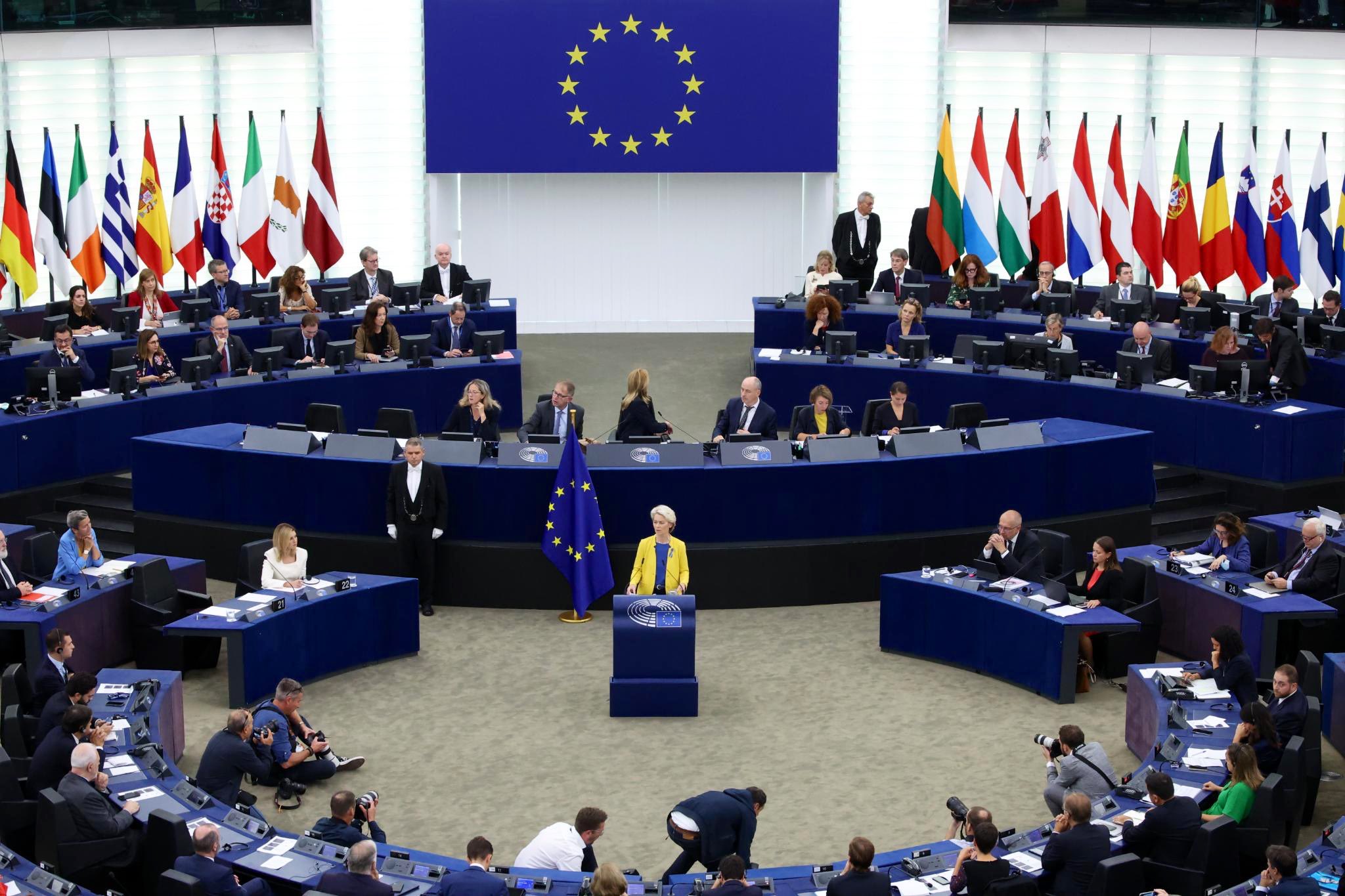 THE PRESIDENT OF THE EUROPEAN COMMISSION VON DER LEYEN CONFIRMED THE DISCRIMINATION AGAINST TÜRKİYE ONCE AGAIN
THE PRESIDENT OF THE EUROPEAN COMMISSION VON DER LEYEN CONFIRMED THE DISCRIMINATION AGAINST TÜRKİYE ONCE AGAIN
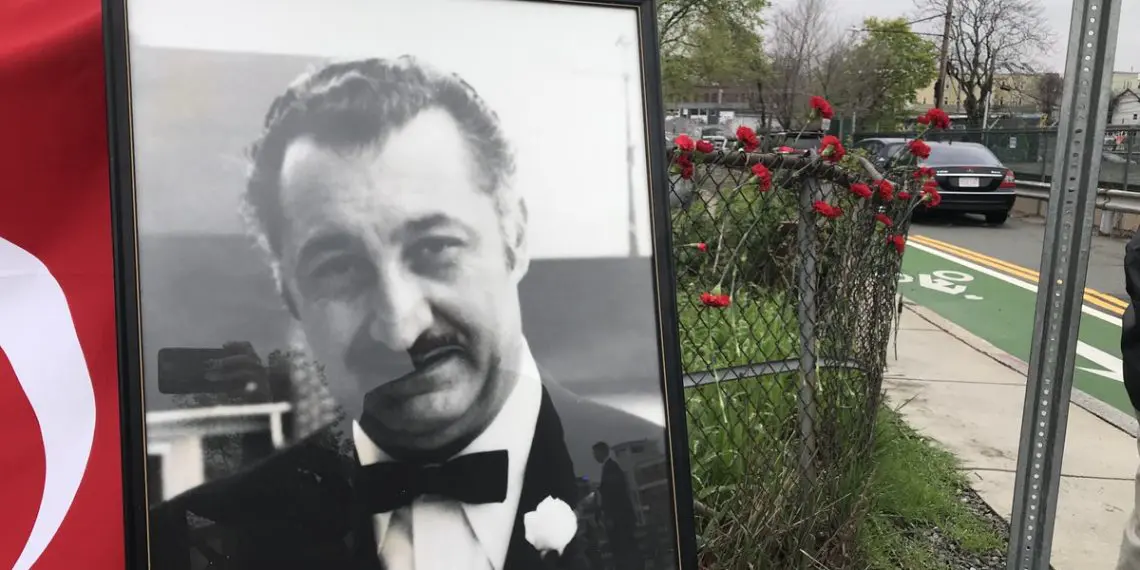 MARTYRED DIPLOMATS: ORHAN GÜNDÜZ, HONORARY CONSUL GENERAL OF BOSTON (MAY 4, 1982)
MARTYRED DIPLOMATS: ORHAN GÜNDÜZ, HONORARY CONSUL GENERAL OF BOSTON (MAY 4, 1982)
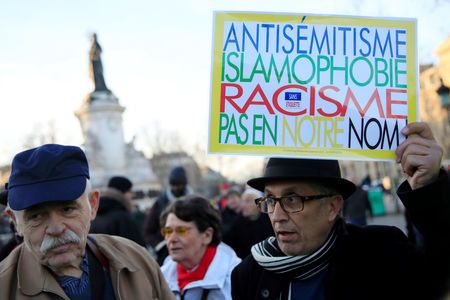 THE JEWS ARE GETTING THEIR SHARE FROM THE RISING FAR RIGHT IN EUROPE
THE JEWS ARE GETTING THEIR SHARE FROM THE RISING FAR RIGHT IN EUROPE
 BEDROS ŞİRİNOĞLU IS ON THE TARGET
BEDROS ŞİRİNOĞLU IS ON THE TARGET
SARKISIAN’S INVITATION
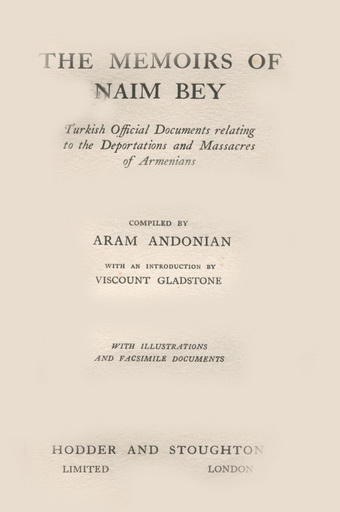 DISTORTING THE HISTORY THROUGH THE REALNESS OF NAİM BEY
DISTORTING THE HISTORY THROUGH THE REALNESS OF NAİM BEY
 BOOK REVIEW: THE ARARAT ILLUSION – DAVID D. MINIER
BOOK REVIEW: THE ARARAT ILLUSION – DAVID D. MINIER




























